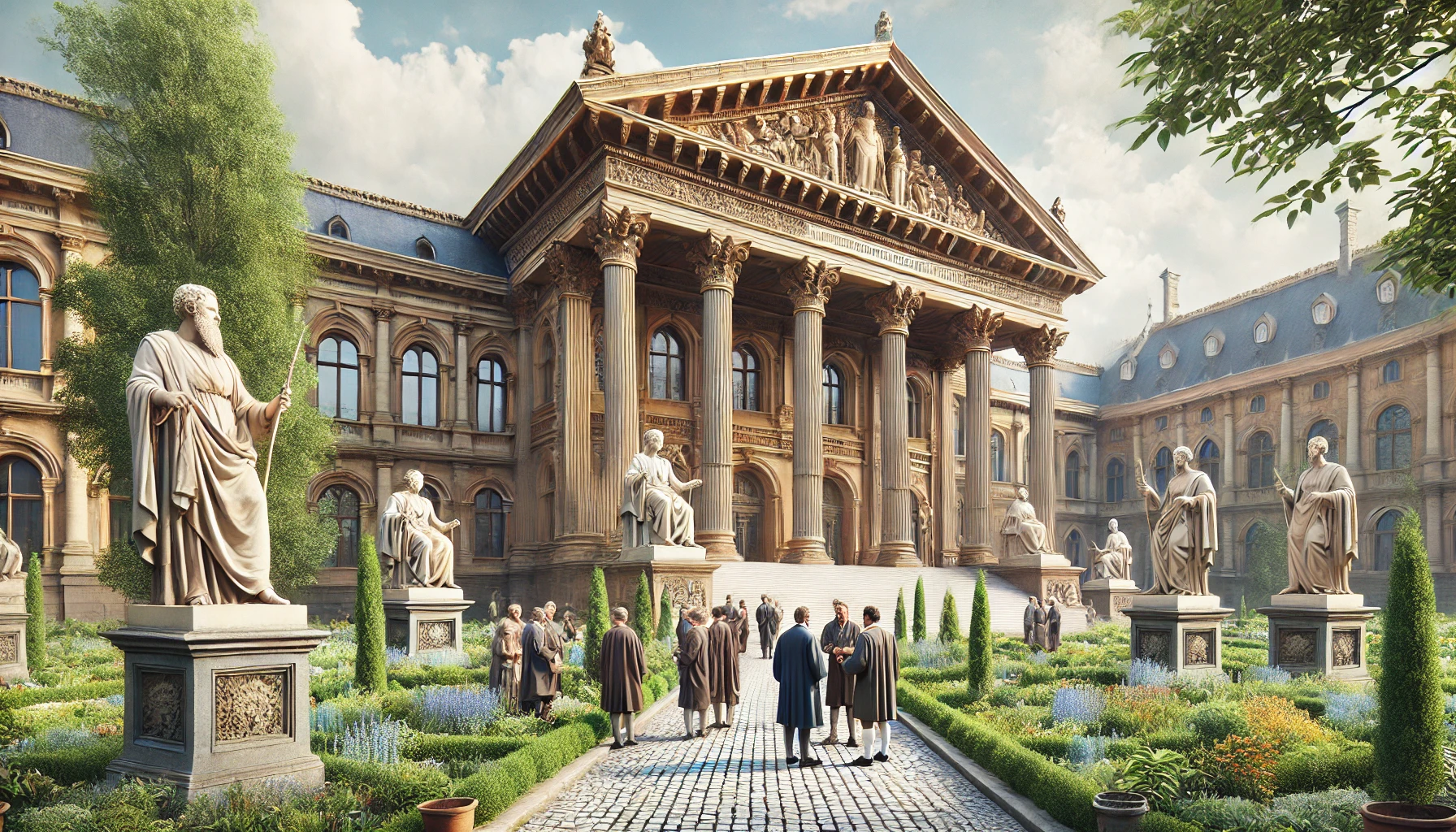Introduction to Conservatism
Historical Background
Overview of the origins of conservatism
- Conservatism, as a political ideology, emerged as a response to the sweeping changes of the Enlightenment and the French Revolution. It is rooted in the works of Edmund Burke, who is often considered the father of modern conservatism. Burke’s reaction to the French Revolution, articulated in his seminal work “Reflections on the Revolution in France,” laid the foundation for conservative thought. Conservatism emphasizes the value of maintaining established traditions and social structures, advocating for gradual change rather than radical upheaval.
Key historical figures and events that shaped conservative thought
- In addition to Burke, other key figures in the development of conservatism include Joseph de Maistre, who championed the divine right of kings and the importance of hierarchical structures, and Alexis de Tocqueville, who highlighted the dangers of both excessive individualism and the tyranny of the majority. Significant events that influenced conservative ideology include the restoration of the monarchy in France after the Napoleonic Wars and the reaction against the revolutionary movements of the 19th century.
Reaction to Political Change
Conservatism as a response to the Enlightenment and revolutionary movements
- Conservatism arose as a counter-movement to the Enlightenment, which emphasized reason, individualism, and radical social change. Conservatives viewed these ideas as threats to the social fabric and the established order. The French Revolution, in particular, was a catalyst for conservative thought, as it demonstrated the potential chaos and violence that could result from radical social engineering.
The conservative stance on maintaining order and resisting radical change
- Conservatives argue that society should evolve slowly, respecting traditions and the wisdom of past generations. They believe that sudden, radical changes often lead to unintended consequences and social instability. For conservatives, order and stability are paramount, and they advocate for a cautious approach to reform, emphasizing the importance of continuity and the gradual adaptation of institutions to new circumstances.
Elements of Conservatism
Tradition and Stability
Importance of tradition in conservative ideology
- Tradition is a cornerstone of conservative thought. Conservatives believe that traditions embody the accumulated wisdom of previous generations and provide a sense of identity and continuity. By preserving traditions, society can maintain a stable and cohesive social order. For conservatives, traditions are not mere relics of the past but vital elements that shape present and future practices.
How tradition contributes to social stability
- Tradition contributes to social stability by providing a framework within which individuals can understand their place in society. It offers a set of established norms and values that guide behavior and decision-making. By adhering to traditions, individuals are less likely to engage in behaviors that disrupt social harmony. Furthermore, traditions often include rituals and practices that strengthen community bonds and promote a sense of belonging.
Examples of traditions upheld by conservatives
- Conservatives uphold a wide range of traditions, from the celebration of national holidays and historical events to the preservation of cultural practices and religious observances. They also emphasize the importance of traditional family structures, believing that strong families are the foundation of a stable society. In the political realm, conservatives often advocate for the maintenance of long-standing institutions such as the monarchy, parliamentary systems, and the rule of law.
Pragmatism and Human Imperfection
Conservative view on human nature and its implications
- Conservatives have a realist view of human nature, emphasizing its limitations and imperfections. They believe that humans are inherently flawed, prone to selfishness, and limited in their capacity for reason. This perspective leads conservatives to advocate for a cautious approach to social and political change, recognizing the potential for human error and the unintended consequences of well-intentioned reforms.
The pragmatic approach to governance and policy
- Given their view of human nature, conservatives adopt a pragmatic approach to governance and policy-making. They prioritize practical solutions over ideological purity, focusing on what works in practice rather than what is theoretically ideal. This pragmatism leads conservatives to value empirical evidence and experience, often supporting policies that have been proven effective over time rather than untested innovations.
Critique of utopian visions and idealism
- Conservatives are skeptical of utopian visions and grand schemes for social transformation. They argue that such visions often ignore the complexities of human society and the limitations of human nature. By pursuing unattainable ideals, utopian thinkers can inadvertently cause more harm than good. Conservatives prefer incremental improvements and realistic goals, believing that a more modest approach to reform is both more achievable and less likely to result in negative consequences.
Conservatism in Practice
Organic Society
The concept of society as an organic whole
- Conservatives view society as an organic whole, analogous to a living organism. This perspective emphasizes the interdependence of individuals and social institutions, arguing that society functions best when its various parts work together harmoniously. Just as the health of an organism depends on the proper functioning of its organs, the health of society depends on the stability and coherence of its institutions.
Interdependence of individuals and social institutions
- In an organic society, individuals are seen as part of a larger social fabric. Their roles and responsibilities are shaped by the institutions and traditions of their community. Conservatives argue that social institutions, such as the family, religion, and government, provide the necessary structure and support for individuals to thrive. By maintaining these institutions, society can ensure the well-being of its members.
Conservative views on social cohesion and community
- Conservatives place a high value on social cohesion and community. They believe that a strong sense of community helps to foster social stability and mutual support. This emphasis on community leads conservatives to support policies that strengthen local institutions and promote civic engagement. They are wary of policies that might weaken social bonds or undermine traditional sources of community support.
Hierarchy and Authority
The role of hierarchy in maintaining social order
- Hierarchy is a fundamental principle in conservative thought. Conservatives argue that hierarchical structures are natural and necessary for maintaining social order. Hierarchies provide a clear framework for authority and responsibility, helping to prevent chaos and conflict. By respecting hierarchical structures, individuals can contribute to a stable and well-ordered society.
Justifications for authority and leadership
- Conservatives justify authority and leadership on several grounds. They believe that certain individuals possess the qualities and experience necessary to guide and govern society. These leaders are seen as stewards of tradition and guardians of social stability. Authority is also justified by the need for order and discipline, which are essential for the functioning of any complex society.
Conservative perspectives on power and governance
- Conservatives view power and governance through the lens of responsibility and duty. They believe that those in positions of authority have a responsibility to serve the common good and uphold the values and traditions of their society. This perspective leads conservatives to support strong leadership and decisive governance, while also emphasizing the importance of accountability and the rule of law.
In conclusion, conservatism is a rich and multifaceted ideology that emphasizes the importance of tradition, stability, and pragmatism. It offers a realist perspective on human nature and society, advocating for a cautious and incremental approach to change. By valuing the wisdom of the past and recognizing the limitations of human reason, conservatism seeks to preserve social order and promote the well-being of individuals and communities.




